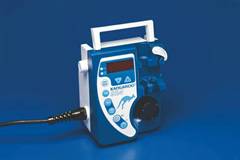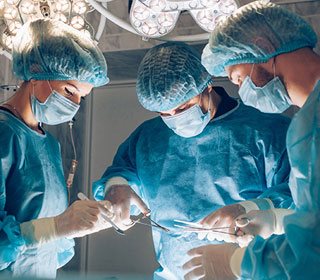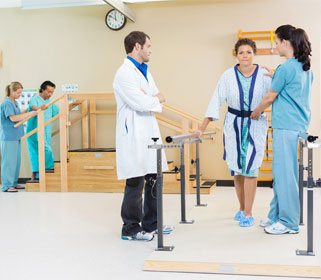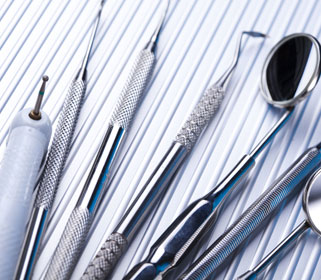Home » Home Health Care Products & Supplies » Feeding Pumps » Feeding Pumps
Feeding Pumps

Kangaroo Pump Set with Easy Cap Closure with Ice Pouch
Retail Price: $229.53
Your Price: $161.48
 Unit: 30/case
Unit: 30/case

Kangaroo Pump Feeding Sets
Retail Price: $347.76
Your Price: $270.89
 Unit: 30/case
Unit: 30/case

Kangaroo 924 Enteral Feeding Pump
Retail Price: $646.39
Your Price: $553.18
 Unit: single
Unit: single
Recent medical studies have investigated the importance of enteral feeding and the use of feeding pumps for recovering patients unable to feed themselves or gain nourishment and nutrients by natural means. For years it’s been common practice to feed patients through an IV, but studies have shown this modality to be quite insufficient. An increasing number of hospitals and campuses are implementing the use of feeding pumps to provide their patients the essential vitamins, nutrients, elements, amino acids, probiotics, and nourishment patients need in order to survive and make full recoveries.
Dr. Douglas W. Wilmore of the Brigham and Women’s Hospital / Harvard Medical School has pioneered much of the research behind the importance of enteral feeding and feeding pumps. According to an article on WebMD by Jeanie Davis, Dr. Wilmore “states that scientists and physicians are reconsidering the importance of nutrition in patient care. Nasogastric tubes [see below] will be used more and more. ‘It promotes faster healing by stimulating cells in the gastrointestinal tract, thereby boosting immunological defenses,’ says Wilmore. ‘It’s the natural way we are supposed to take food, and it stimulates a number of systems including immunity to keep us healthy.’”
Enteral feeding pumps use feeding tubes to deliver nutrition to patients who cannot obtain such by swallowing. The specific feeding tube used most with feeding pumps is the nasogastric tube. These tubes are inserted into a nostril, into the throat, down the esophagus, and into the stomach. By using a feeding pump, these tubes are able to deliver more than nutrients. They’re used to deliver medications, antibiotics, and to keep the patient sufficiently hydrated.
However, there is a variety of other tubes used with feeding pumps. Another common gastric tube used with feeding pumps is known as the PEG tube, or Percutaneous Endoscopic Gastrostomy tube. This tube is typically placed endoscopically but it’s also common to place the PEG tube surgically through the abdomen. The PEG tube lasts approximately 6 months, making it suitable for long-term use. They are typically used for patients with neurological or anatomic disorders resulting from a stroke, esophageal atresia, tracheoesophageal fistula, and to avoid the risk of aspiration pneumonia. They are also used when patients are malnourished and unable to take food by the mouth in order to maintain their weight.
Another common tube used with enteral feeding pumps is the jejunostomy tube. These tubes are similar to gastric tubes but they generally have a finer bore and smaller diameter. They are also surgically inserted into the jejunum – a portion of the small intestine – instead of the stomach. They are used when the upper GI tract must be completely bypassed.
A less common tube used with feeding pumps is known as the esophagostomy tube. This tube is inserted into the esophagus through an incision in the side of the neck, and then threaded into the stomach. However, this modality is commonly used by veterinarians to feed animals with jaw injuries. Nonetheless, this proves the importance of feeding pumps in other fields of medicine.
The importance of feeding pumps and enteral feeding will continue to garner attention. Dr. Wilmore stated, “Before patients go into surgery, chemotherapy, or other medical procedures, their nutritional status will get greater consideration. Supplements will be given beforehand to get patients into optimal shape, before stress is placed on their bodies and immune system. We'll use nutrients and drugs to optimize the body's ability to repair and heal from surgery."
Take a moment to evaluate our entire inventory of pumps. If you have questions or need assistance, please call our customer service department toll free at 1-877-706-4480.














